Recently the Higherlife Foundation Executive Director spoke at the 2016 edition of the National Association of Secondary Heads in Zimbabwe (NASH) conference held at Victoria falls which ran from 22- 24 June 2016. The theme of this years conference was “ The New Curriculum: Opportunites and Challenges and this specific theme was perfect for Higherlife Foundation to pitch Ruzivo Smart learning as a solution to some of the challenges of adopting the new curriculm in schools.
In attendance were over 1000 secondary school heads from all over Zimbabwe, Provincial Education Directors from various Provinces, the Honarable Minister of Education, Sports and Culture and the Permanent Secretary for Education in Zimbabwe.
In his speech Mr. Mandiveyi (Higherlife Foundation Executive Director) clearly stated that the world has changed at alarming rates over the past 20 years while the classromm has remained more or less the same especially in the African context. The new curriculum seeks to equip learners with 21st century skills and the 6 skills of Foundational literacies relating to how learners apply core skills to everyday tasks, and they include: Literacy, Numeracy, Scientific literacy, ICT literacy, Financial literacy, Cultural and Civic literacy.
Then you have the Core Competences relating to how students approach complex challenges. These have been appropriately called the 4 Cs of: Critical Thinking, Creativity, Communication, Collaboration. And then you have the 6 Character Attributes or Qualities that talk of how learners or students approach their changing environment. These are: Curiosity, Initiative, Persistence, Adaptability, Leadership, and Social and Cultural Awareness. When you look at these skills, and then look at the way our education has been designed up to now, it does not take rocket science to see that more than ever before, there is an compelling case for an educational framework that is fit for purpose.
In his speech Mr. Mandiveyi stated that education has been trying to play catch up with industry demands as we are, in what has been called the Fourth Industrial revolution and our system of education is struggling to meet modern expectations. This Fourth Industrial revolution has brought new demands, and with new demands come the need to learn new skills. The skills which guaranteed success 20 years ago are now irrelevant and need to be replaced with new skills altogether.
Lack of infrastructure doesn’t make the situation any better. In Zimbabwe we have a shortage of learning and teaching infrastructure. According to Press reports attributed to Minister of Primary and Secondary Education, we currently have a deficit of 2,000 schools. Now conservative estimates of what this means in terms of monetary resources put the funding requirement at US$1 Billion. So we hardly have the resources to put in place the brick and mortar infrastructure. The number of children who need to go to school is also growing. In the next 15 years we will have an additional 1 million children who need to go to school in Zimbabwe which puts extra pressure on the few classrooms we have. Other than infrustrusture shortages, we also have a deficit of teachers with the skills that can deliver on the objectives of the 21st Century.
As a potential solution to some of the challenges of the new curriculum Mr. Mandiveyi, stated that Higherlife Foundation has developed Ruzivo Smart learning, an online learing solution that seeks to close some of the gaps in adopting the new curriculum. Ruzivo is a product of Higherlife Foundation seeing technology provide access to quality learning resources for all, and bridging the gap between the rich and the poor. Technology will be central to creating an ecosystem that links the educator with the learner on the one hand, and that connects the educator and the student to qualify learning resources – with no regard to physical distance.. The belief is that Ruzivo will enhance the learning experience, make learning fun again, and integrate learning to modern day technology and 21st Century Skills.
Mr. Mandiveyi closed his speech by encouraging Government to work wth the private sector through Public Private Partnerships to close the gap in rolling out the new curriculum. With Public Private Partnerships governments can tap on the intellectual assets, financial resources and innovation of the Private sector to drive the public agenda, and achieve synergies that would never materialize if both sectors worked in their own silos.


